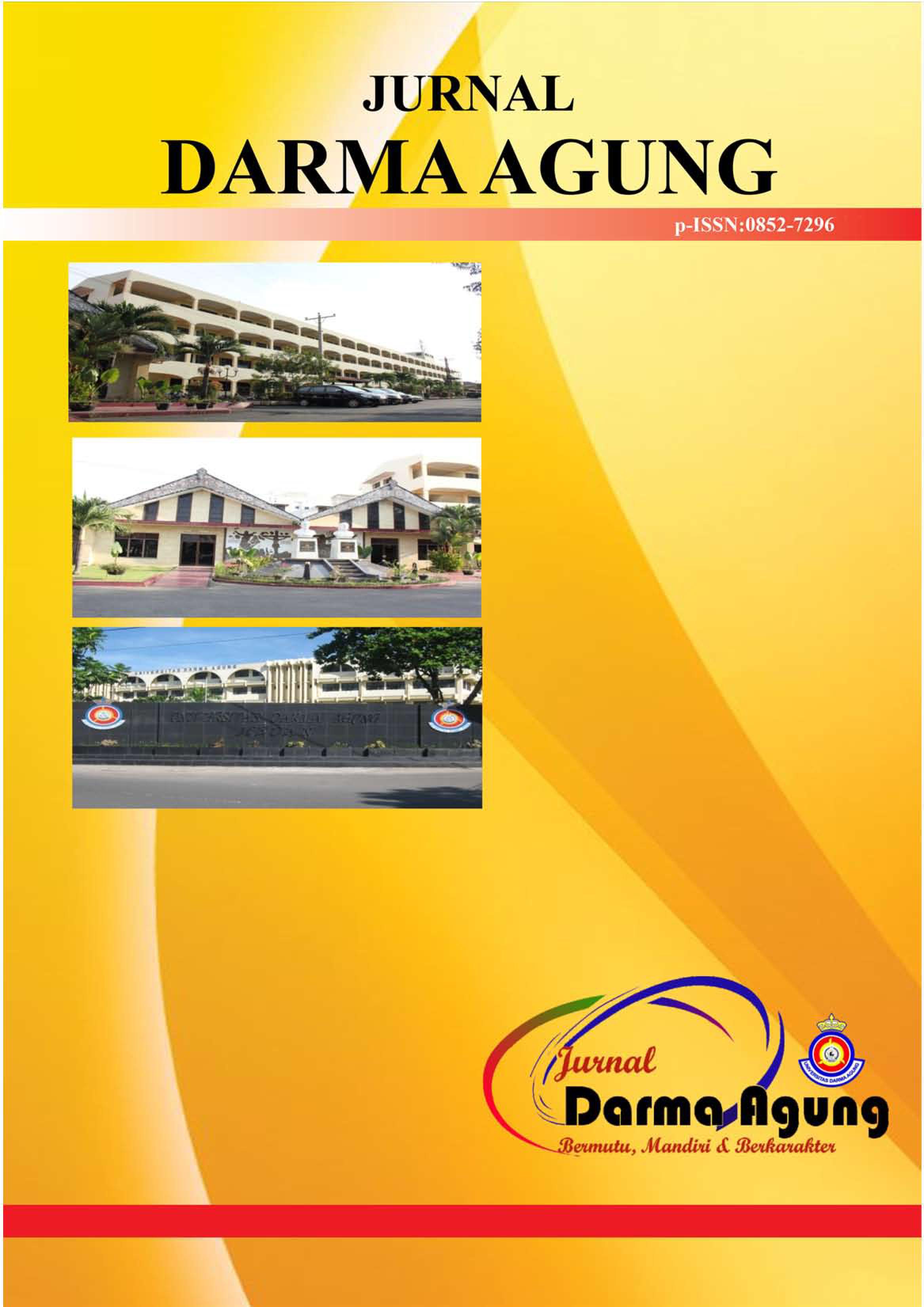MEMASTIKAN KEPATUHAN DAN KEPASTIAN HUKUM DI DAERAH, TANGGUNG JAWAB PERANCANG PERATURAN PERUNDANG-UNDANGAN KEMENKUMHAM SUMATERA SELATAN
Abstract
Salah satu bentuk kemandirian daerah dalam pelaksanaan otonomi daerah ialah kekuasaan pemerintah daerah untuk menerbitkan peraturan daerah dan peraturan walikota setempat. Namun dalam praktiknya, banyak peraturan daerah dan peraturan walikota yang dibuat tanpa keterlibatan perumus peraturan perundang-undangan, sesuai amanat Pasal 98 Undang-Undang Nomor 13 Tahun 2022 tentang Perubahan Kedua UU Nomor 12 Tahun 2011 tentang Penetapan Peraturan Hukum. Padahal pembentukan peraturan perundang-undangan harus taat asas baik formil maupun materil sesuai dengan ketentuan peraturan perundang-undangan. Padahal, rancangan peraturan hukum harus sesuai baik secara formal maupun substantif dengan asas-asas peraturan hukum.Dalam penelitian ini, penulis mengkaji peran perancang peraturan perundang-undangan di lingkungan Kementerian Hukum dan Hak Asasi Manusia Provinsi Sumatera Selatan dalam pembuatan peraturan daerah dan peraturan kepala daerah serta apa implikasi hukumnya. Pembentukan peraturan daerah dan peraturan kepala daerah tidak termasuk peraturan perundang-undangan.

This work is licensed under a Creative Commons Attribution-NonCommercial-NoDerivatives 4.0 International License.
An author who publishes in the Jurnal Darma Agung agrees to the following terms:
- Author retains the copyright and grants the journal the right of first publication of the work simultaneously licensed under the Creative Commons Attribution-ShareAlike 4.0 License that allows others to share the work with an acknowledgement of the work's authorship and initial publication in this journal
- Author is able to enter into separate, additional contractual arrangements for the non-exclusive distribution of the journal's published version of the work (e.g., post it to an institutional repository or publish it in a book) with the acknowledgement of its initial publication in this journal.
- Author is permitted and encouraged to post his/her work online (e.g., in institutional repositories or on their website) prior to and during the submission process, as it can lead to productive exchanges, as well as earlier and greater citation of the published work (See The Effect of Open Access).













